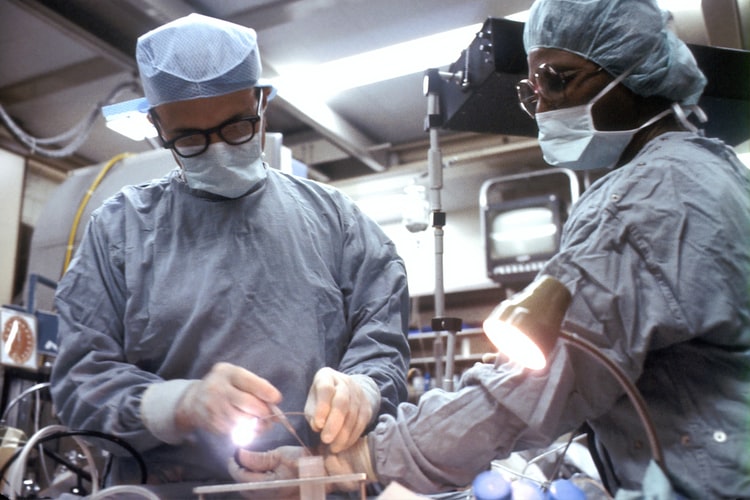
Mesothelioma surgery is challenging, and not all patients with the disease are surgical candidates. However, for those individuals who can tolerate and benefit from surgery, it can be instrumental in extending their survival.
Get in TouchWhat Mesothelioma Surgery Entails
The purpose of surgery is to remove the primary tumor source and tissues affected by tumor spread. The source and affected tissues differ by mesothelioma type. For malignant pleural mesothelioma affecting the lungs, cancerous tissue is removed from around the lungs and within the thoracic cavity. There are two surgical approaches for malignant pleural mesothelioma:
- Pleurectomy/decortication
- Extrapleural pneumonectomy
The main difference between these approaches is that the first approach is more conservative, removing only the cancerous linings of the affected lung, diaphragm, heart, and thoracic cavity. For some patients, this approach is best. Other patients require the second approach, removing the affected linings and lung, the outer layer of the heart, and the hemidiaphragm as well. This approach is much more aggressive but can result in better overall survival for some individuals.
Benefits of Surgery and Surgical Procedures
The primary benefit of surgery for mesothelioma is that, when indicated, it can improve an individual’s chance of survival. Additionally, surgery may provide palliative benefits such as improving an individual’s disease symptoms and quality of life.

Less invasive surgical procedures can be performed to improve symptoms of pain, breathlessness, and cough.
Such procedures may include:
-
Therapeutic thoracentesis and pleurodesis
two treatments to remove fluid buildup around the lungs
-
Therapeutic pericardiocentesis
a treatment to remove fluid buildup around the heart
Who Qualifies for Surgery
Before surgery is performed, a patient’s doctor will determine whether they are healthy enough to withstand surgery and its potential complications and live long enough to benefit from the surgery. The doctor will evaluate the health of the patient’s heart and lungs with electrocardiogram and pulmonary function tests. He or she will also assess the individual’s other health conditions and overall health status. Finally, imaging studies and other diagnostic tests and necessary procedures will be performed to determine the patient’s stage of disease.
For patients with poor overall health or advanced disease, surgery may be futile and may only cause more pain. In this case, a palliative and multimodal approach is initiated to provide the patient with more tolerable therapies, such as chemotherapy, radiation, or even experimental treatment, and the best combination of these therapies to extend their lifespan and improve their quality of life.